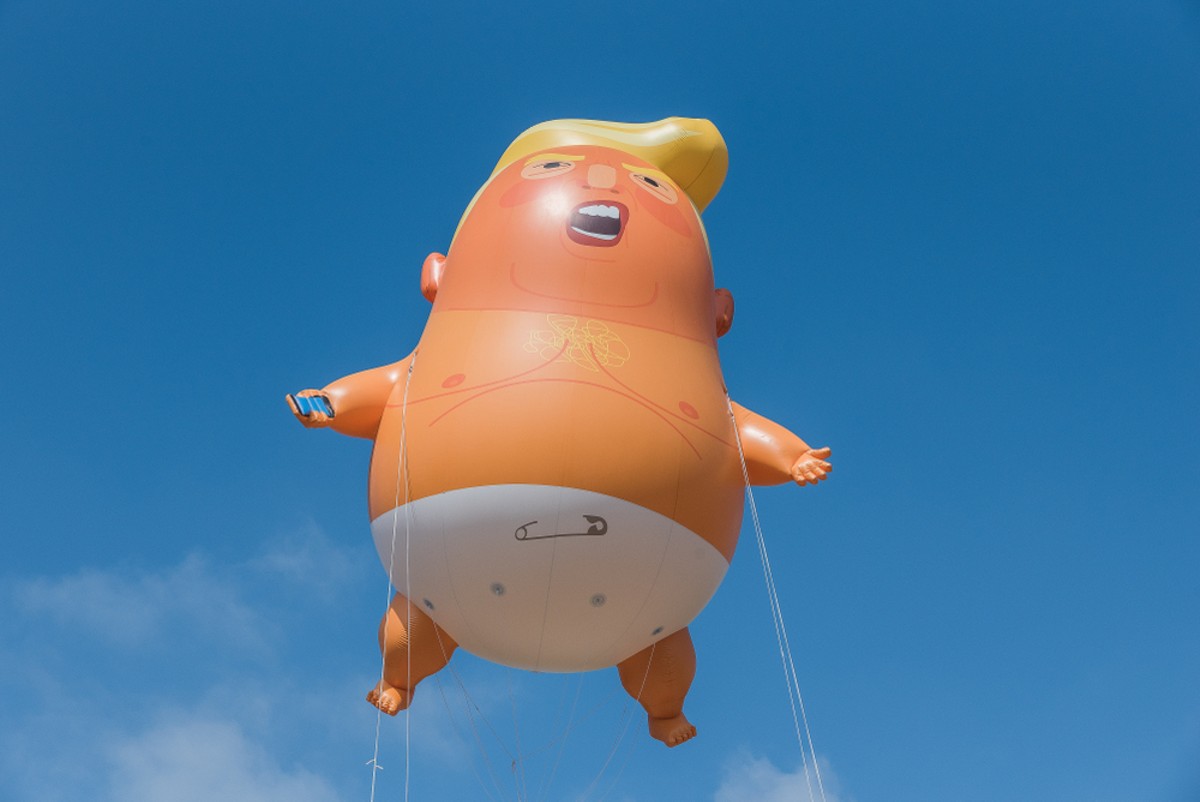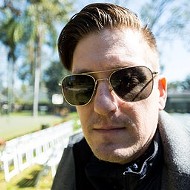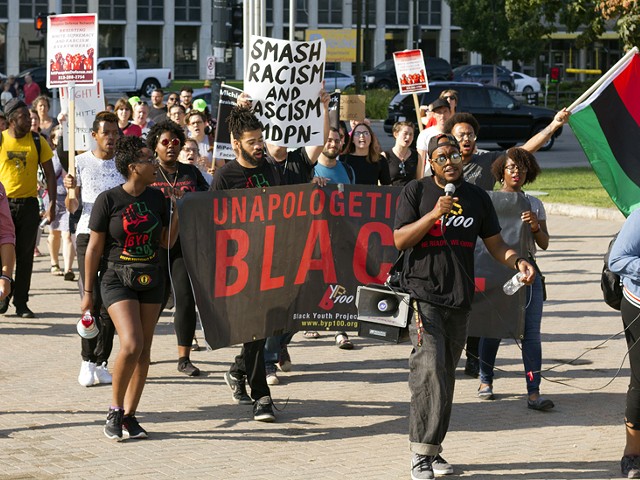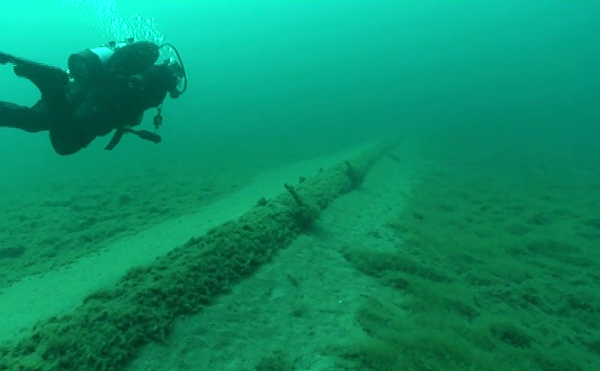A week after her husband's assassination, on one of her last nights in the White House, Jackie Kennedy penned a remarkable letter to Soviet premier Nikita Khrushchev. It was a fraught moment. The Russians were worried they'd be blamed for JFK's murder, and some in the CIA thought to do just that. Only a year removed from the Cuban Missile Crisis — the closest humanity has come to nuclear annihilation — the Cold War was a hair trigger from turning hot.
Jackie sent the letter, a succinct, elegant note of diplomacy, "because I know how much my husband cared about peace, and how the relation between you and him was central to this care in his mind. ... You and he were adversaries, but you were allied in a determination that the world should not be blown up."
So she implored Khrushchev to put aside impulsiveness and ego: "The danger which troubled my husband was that war might be started not so much by the big men as by the little ones. While big men know the needs for self-control and restraint — little men are sometimes moved more by fear and pride. If only in the future the big men can continue to make the little ones sit down and talk, before they start to fight."
That line about big and little men — about the dangers of governing by fear and pride and impulsivity — has always stuck with me. And I want you to keep it in mind as I run through a few recent headlines.
• On May 23, Donald Trump retweeted a video from Lou Dobbs' show on the Fox Business Network that was — shocker — deceptively edited to make House Speaker Nancy Pelosi sound like she was stammering and stuttering through a news conference in which she said the president was goading Democrats into impeaching him by stonewalling congressional investigations. "PELOSI STAMMERS THROUGH NEWS CONFERENCE," Trump wrote. This came on the heels of another altered video that circulated through the right-wing fever swamp, this one manipulated and slowed down to make Pelosi appear drunk or ill.
• Last week, the White House asked the Navy to hide the U.S.S. John McCain — originally named for the late senator's father and grandfather — during Trump's visit to Japan, as the president's staffers feared he couldn't handle the sight of a ship that shared a name with a critic. Trump's chief of staff said it "was not an unreasonable thing to ask."
• On Wednesday, Robert Mueller stepped down as special counsel, and in a press conference all but spelled out what anyone who bothered to read his report already knew: Trump obstructed justice and would have been charged with a crime were he not president, Attorney General William Barr lied to the American public, and it's up to Congress to do something about it. Trump seethed on Twitter, calling Mueller "conflicted," insisting that the Supreme Court wouldn't allow an impeachment to happen, and saying that he had "nothing to do with Russia helping me get elected." He later said Russia hadn't helped him get elected: "You know who got me elected? I got me elected."
• On Friday, Trump recognized Pride Month, patting himself on the back for launching "a global campaign to decriminalize homosexuality." Meanwhile, his administration is eviscerating nondiscrimination protections for transgender people seeking medical care, banned transgender service members, supported businesses' right to discriminate against the LGBTQ community, and opposes the Equality Act. Trump's secretary of state, Mike Pompeo, a religious fundamentalist, has set up a panel to redefine human rights based on "natural rights"; the man who thought up (and will sit on) the commission is a co-founder of the National Organization for Marriage, which advocates against marriage equality. (You can buy an "LGBTQ for Trump" T-shirt on Trump's campaign site for $24.)
• After a mass shooting in Virginia Beach claimed 13 lives, Trump went to Virginia — to his golf course. Still in golf shoes, he appeared at a church on Sunday, not to pray for the victims' families — the White House gave that as the reason, but they went unmentioned — but so a pastor could pray for Trump's success, as Franklin Graham had called for evangelicals to do on June 2.
• On Monday, Trump told his followers to boycott AT&T, a company that employs more than 200,000 Americans, because he found CNN's coverage of him insufficiently fawning.
Ask yourself: Are these the hallmarks of a big man — a big person — or a small one?
There were other stories I could highlight, some more significant (the Department of Justice lying to a federal court about its census citizenship question) than others (Trump gaslighting about not calling Meghan Markle "nasty" despite recorded evidence to the contrary). But they all point to the same inescapable answer.
The world, of course, is different now than in 1963, the geopolitical challenges more nuanced than the total war between superpowers that Jackie Kennedy feared. But her point is no less true: Small people blunder their way into catastrophe. It's up to the big people — specifically, big people in a position of real power — to avert it.
That is to say, House Democrats can yell until they pass out about Trump's corruption and incompetence. They can hold hearings. They can even impeach him. None of it will matter until Republicans locate their spines and decide to become the bigger people our democracy needs. The existential danger isn't Trump. It's that there are no more big men in America.
Stay on top of Detroit news and views. Sign up for our weekly issue newsletter delivered each Wednesday.







